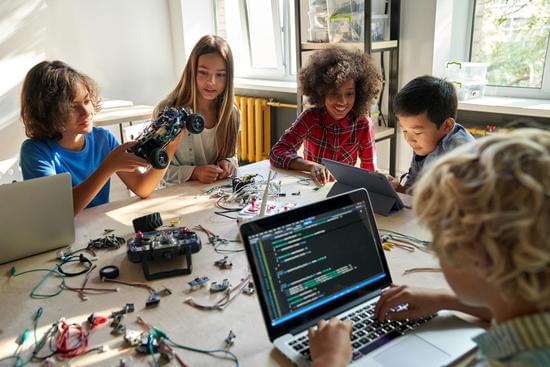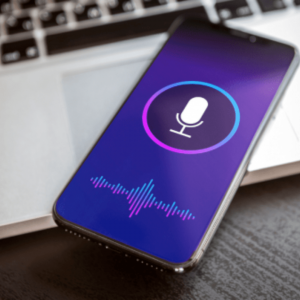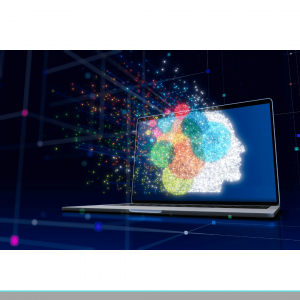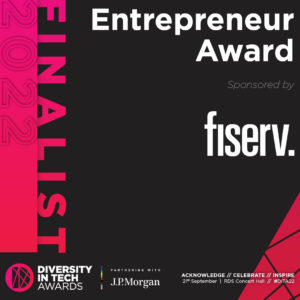Background
The global university sector was thrown into a state of flux imposed by Covid 19 which created enormous challenges. The sector responded by moving rapidly to remote learning options. Now, post-covid (?) the sector needs to plan for online, blended and distance learning. The days of full-time college attendance in a lecture hall are over. So, what will the future look like?
Context
Statistically:
- 96% of academic officers at universities believe they are doing a good job preparing young people for the workplace;
- Only 41% of college students share that view;
- And just 11% of business leaders think colleges are getting it right when it comes to preparing students for the world of work (and the world of work is also changing)

Future Education Landscape
We identified five key areas of interest: industry needs, teaching skills, curriculum development, artificial intelligence (AI) in education and student wellbeing.
Industry Needs
- MICRO CREDENTIALS
- Universities will face strong competition from the likes of Google who will train people faster, outside of traditional academic norms, and award micro credentials which industry will recognise.
- Government funding will be diverted into this skills-based training which fulfils industry needs.
- It will create a financial challenge the 3, 5 & 7-year degree programmes which are currently funded from the public purse.
- But, micro-credentials from a reputable 3rd level institution carry a certain cachet and come with an established reputation. There is a great opportunity for universities to award a number of credits to these courses and claim them as their own.
Teaching Skills
- Digital is everywhere. 90% of future jobs in Engineering, Medicine, Art and Architecture will need digital skills.
- Teaching will not be about imparting knowledge – it will be about how tutors impart that knowledge and engage the audience.
- Future tutors will need:
- content creation skills,
- instructional design skills,
- powerful presentation skills which translate in the lecture theatres and online.
Education is becoming infotainment.
Curriculum Development
- Media literacy will be a crucial element of all 2nd and 3rd level learning. The rise of fake news, populism and xenophobia makes this skill fundamental, irrespective of the discipline being studied.

Artificial Intelligence & New Technology
- The future of education will be about the clever use of AI
But the artificial intelligence (AI) needs to be both clever and mindful. There are very valid concerns about bias which is built-into AI processes, and there are concerns around data and privacy protection. Both of these issues need to be addressed.
AI can already be seen in selecting best students to recruit (in terms of course completion and good results). It is also currently being used to evaluate the best learning style for each student and to create better workflows.
The speed and depth of data accessed by AI will make academic research faster and more comprehensive. Less time will be spent citing previous studies, leaving more time to present new research. Research will be published faster and will become obsolete quicker.
AI will also allow students to access, absorb extracts, index and move on very quickly. The new soft skills needed by university tutors will be those skills which cannot be replicated by AI, like:
- problem solving,
- critical thinking,
- cross-cultural communications,
- adaptability and emotional intelligence.
Emerging Technology – greater use of Extended Reality (XR) incorporating sound, sight, smell, touch and hearing will become commonplace. There will also be less real travel and more virtual fieldwork and seminars.
Student Wellbeing
- Student wellbeing – Inclusion and exclusion. Digital distancing leads to lower levels of satisfaction with life. It leads to less happiness and higher anxiety rates. Research shows that:
- 20% of students have poorer mental health;
- 38% have difficulty focusing;
- 74% are challenged to maintain a routine.

Conclusion
Our research shows an increasing acceptance of online learning, provided it is part of a blended programme that includes enough human interaction to meet social and emotional needs.
The learning eco system of the future will require tutors and students to adapt to new styles of learning which will deliver:
- immersive experiences which will stimulate good mental health,
- use online time to interact, tease out and debate issues,
- teach in shorter timescales to create micro credentials,
- use the power of AI to harness data for offline study,
- incorporate technology (e.g. XR),
- train and educate future generations with micro, industry- relevant credentials
These new styles will be delivered in an engaging, technologically enhanced, immersive experience which will deliver deep learning and industry relevant skills for a new era.











